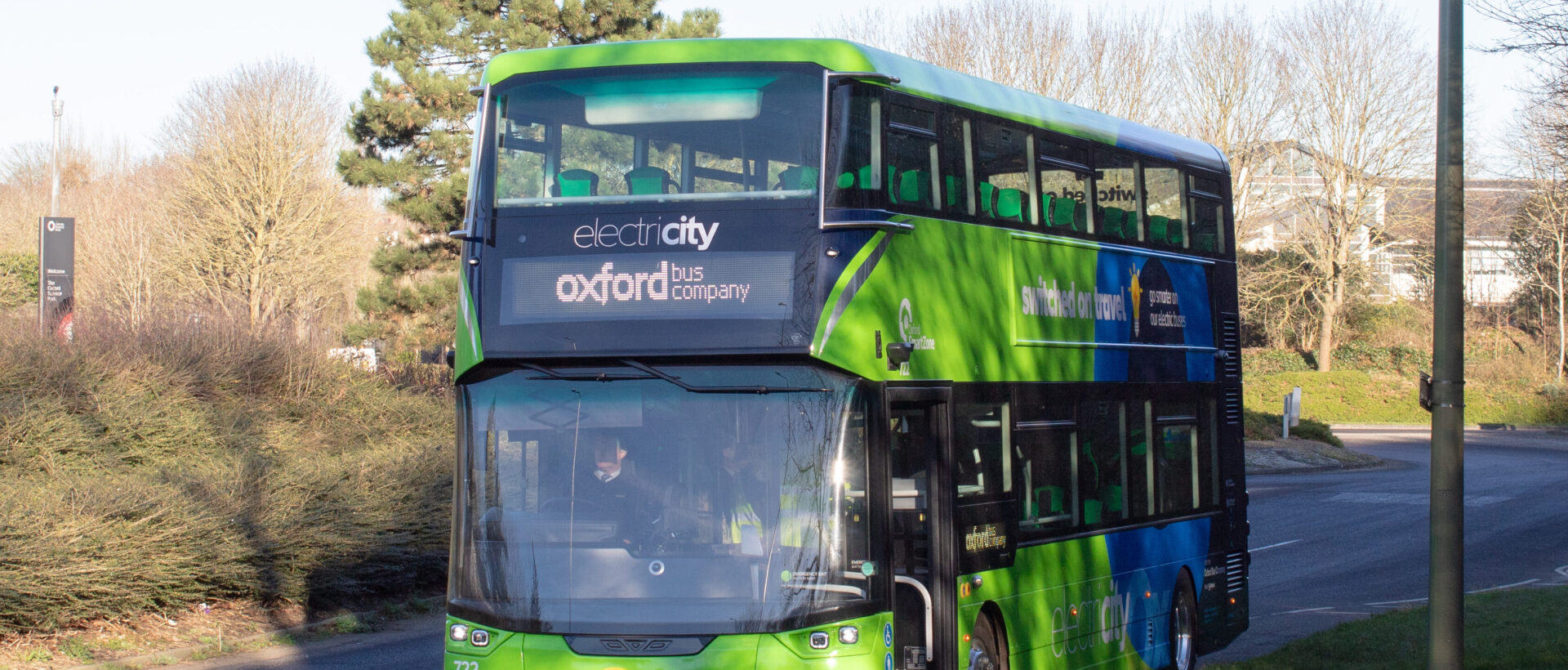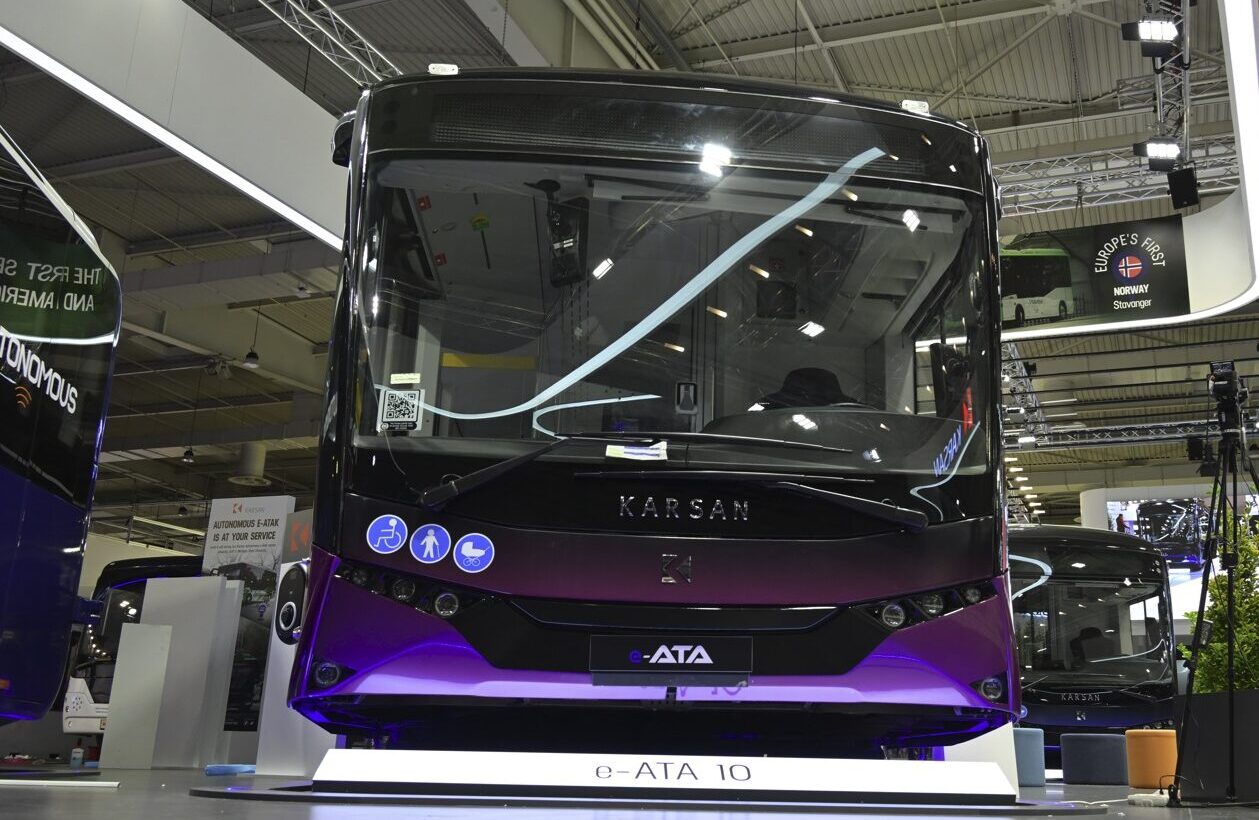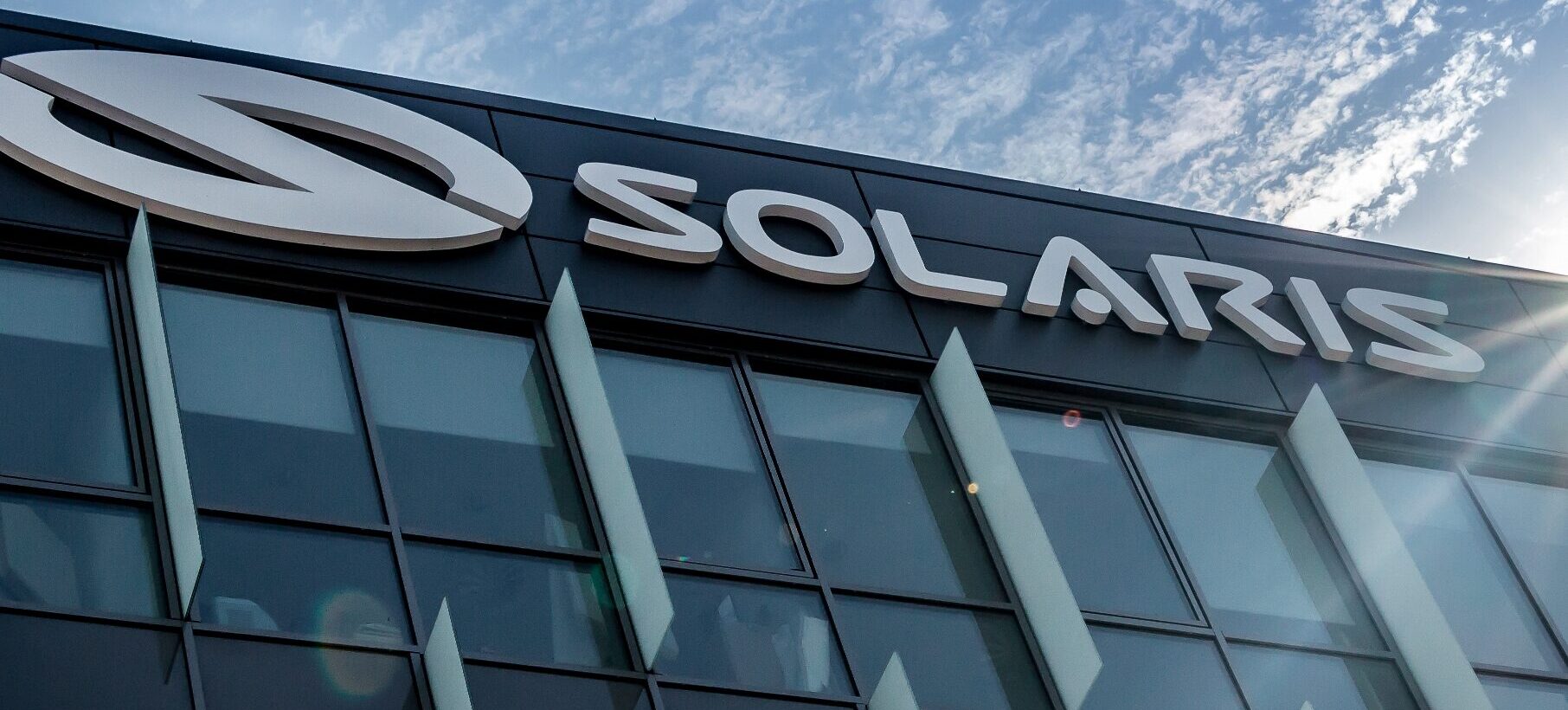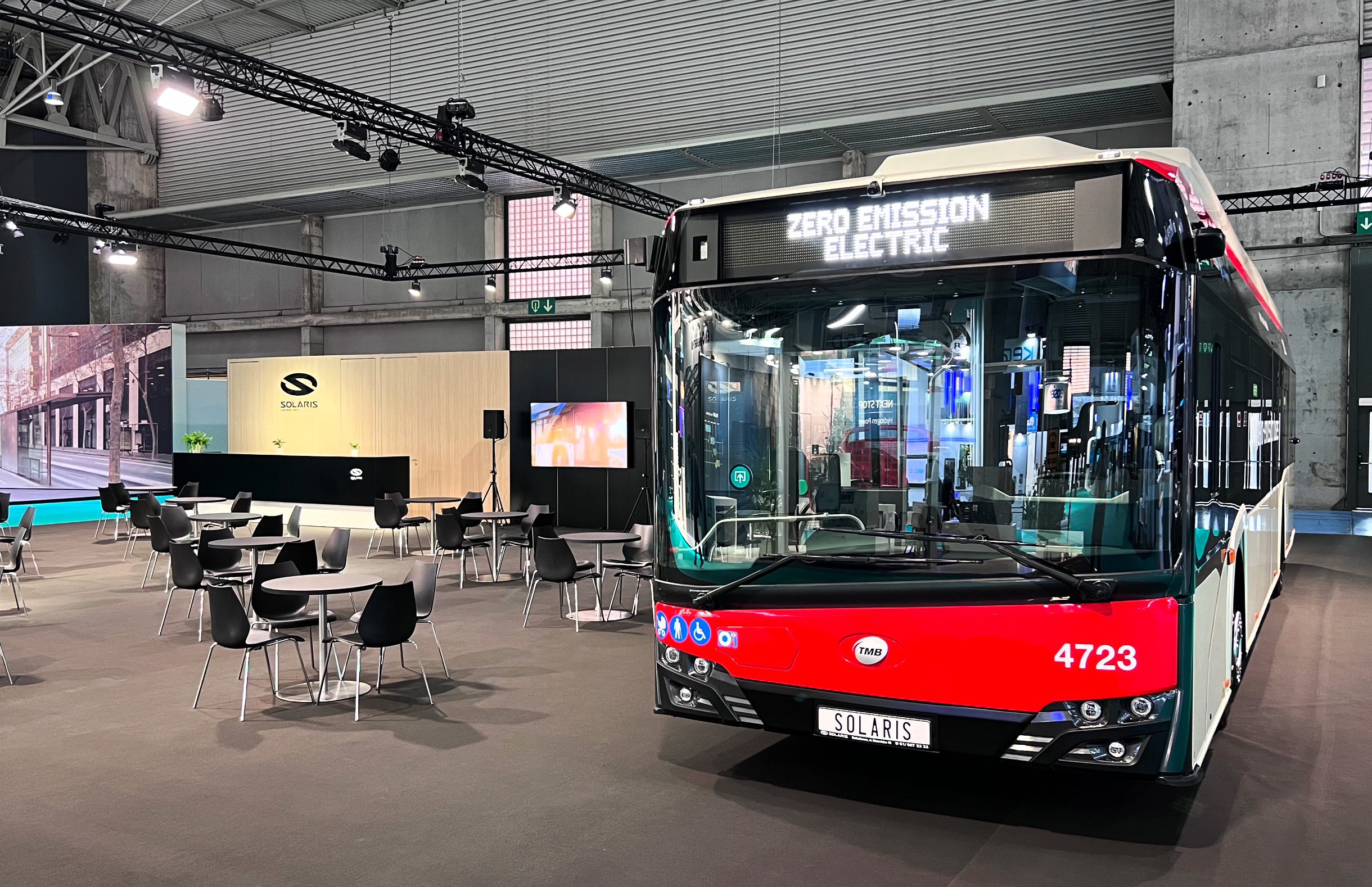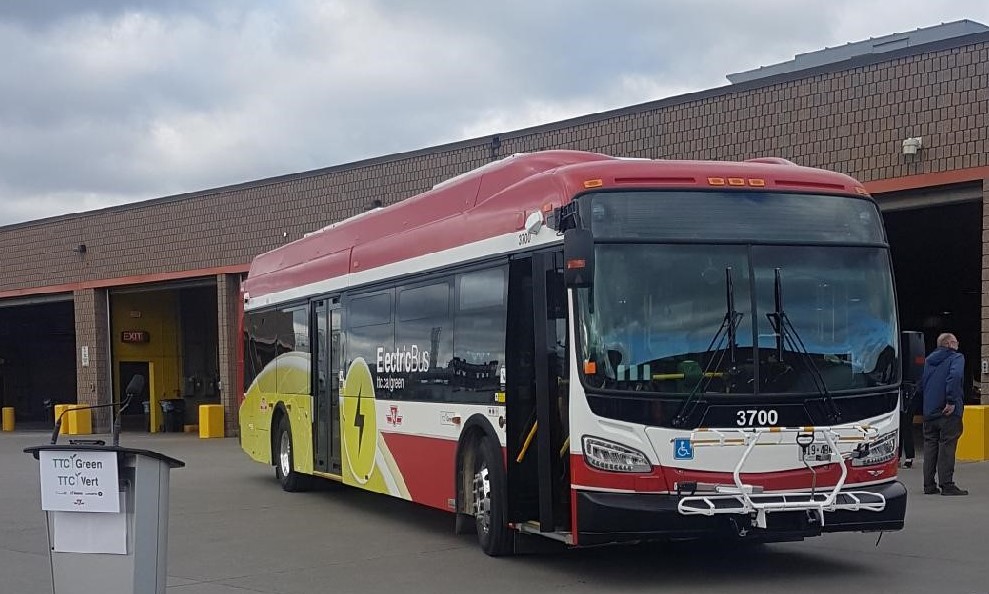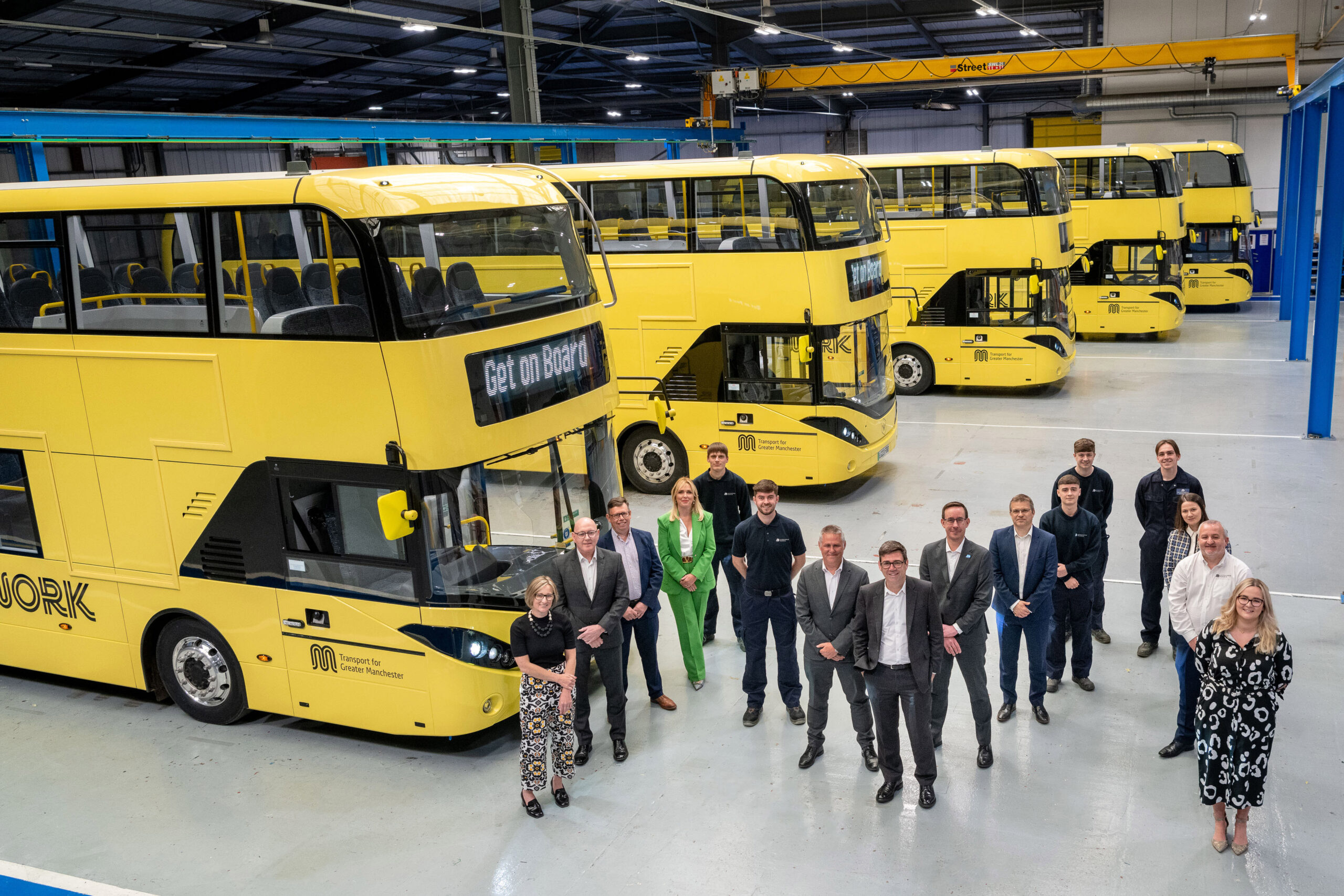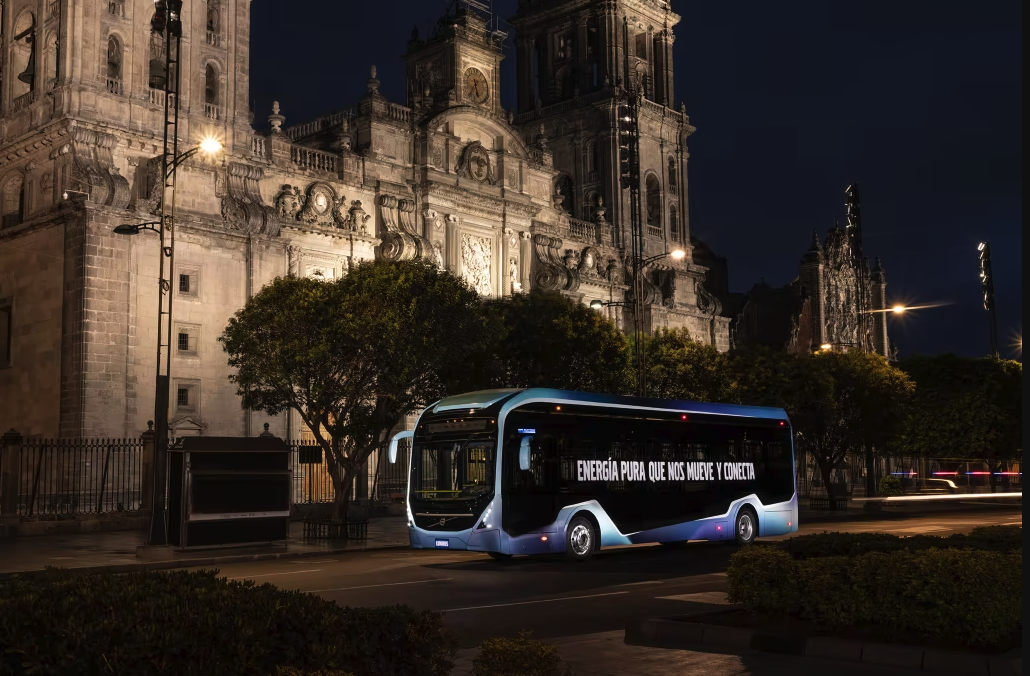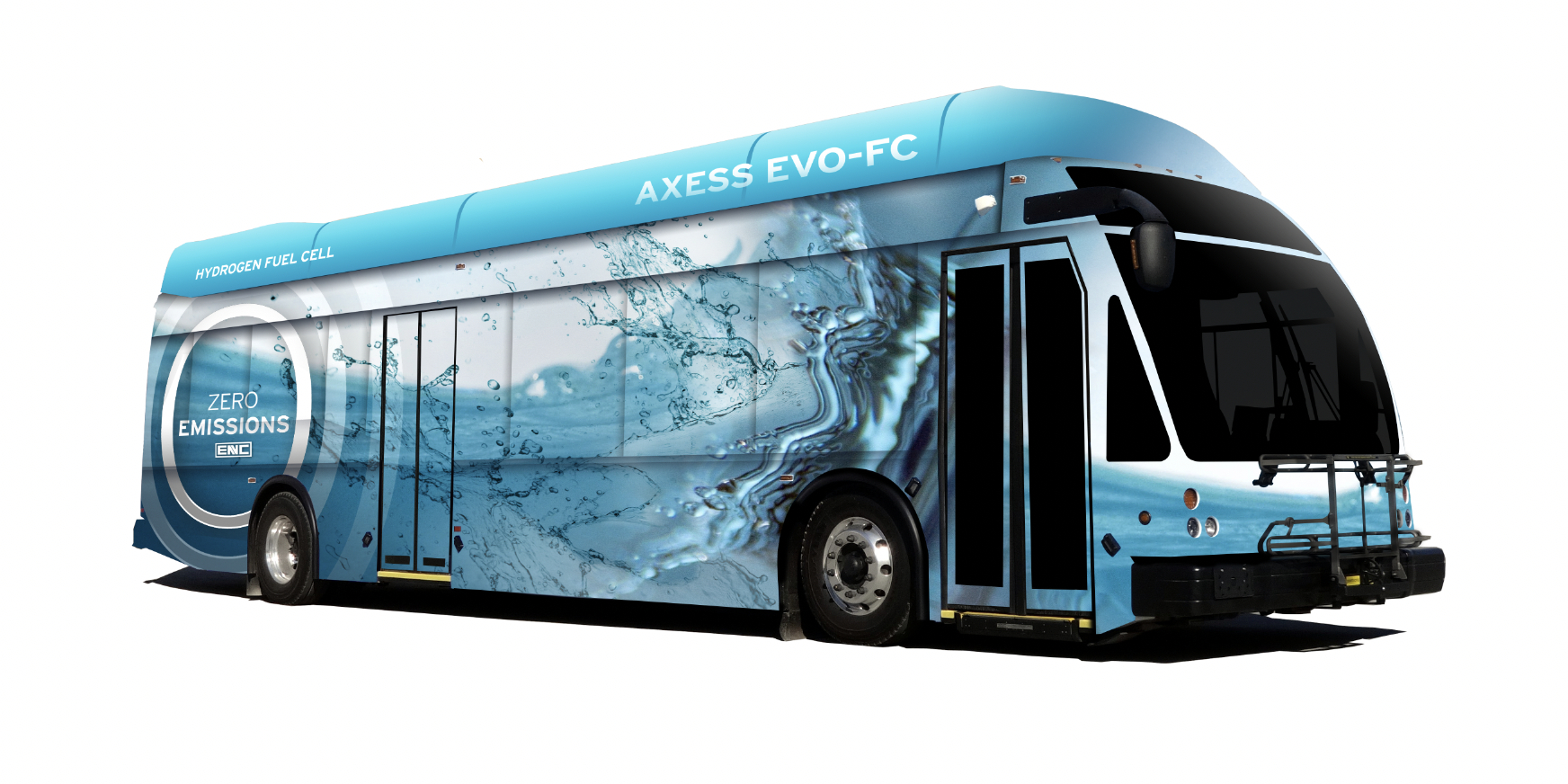The Department for Transport (DfT) has published a report outlining the findings of its low-emission bus scheme monitoring programme, which was conducted by the Transport Research Laboratory (TRL) over a 12-month period.
This programme aims to assist local authorities, bus operators and passengers by providing informed data on the transition to zero-direct-emission buses.
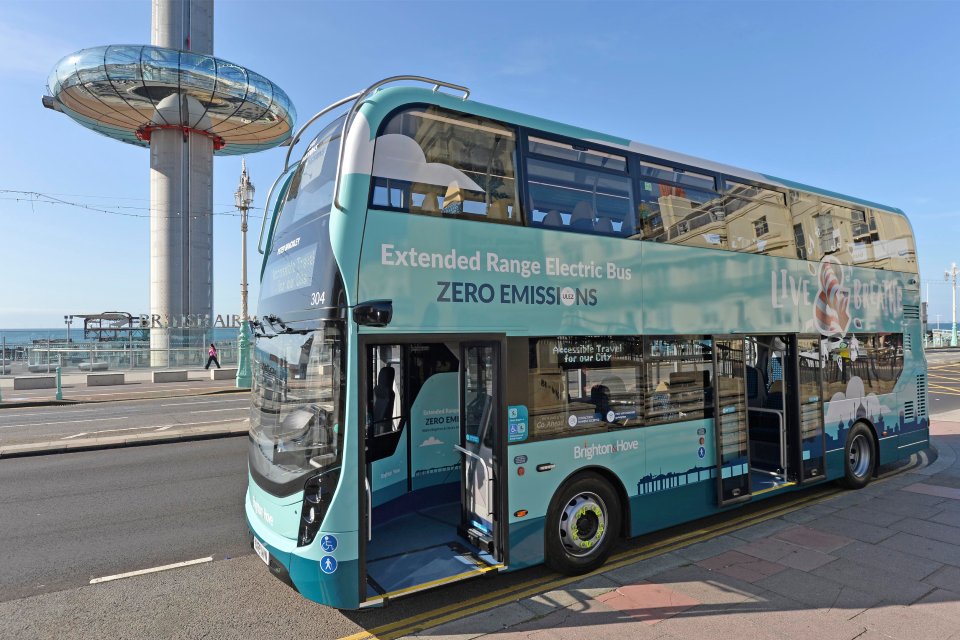
Over the 12-month period, data was gathered on refuelling, recharging and distances travelled by zero- and low-emission buses.
These findings were used to calculate differences in energy consumption and greenhouse gas (GHG) emissions compared to diesel buses.
The report found that GHG savings can be achieved by improving energy efficiency and decarbonising fuel or energy sources.
It also identified that electric buses used up to 70% less energy than diesel; reduced GHG emissions by up to 70%; and are the most energy-efficient of all low-emission buses.
The report also concluded that compressed natural gas (CNG) buses used more energy than diesel buses and increased GHG emissions by up to 7% when using fossil-derived CNG. However, buses fuelled by biomethane reduced GHG emissions by 80%.
In addition, the report also found that diesel hybrid buses were more efficient than non-hybrid diesel vehicles, and hydrogen fuel cell buses used less energy than diesel buses.
The full report can be read here.


